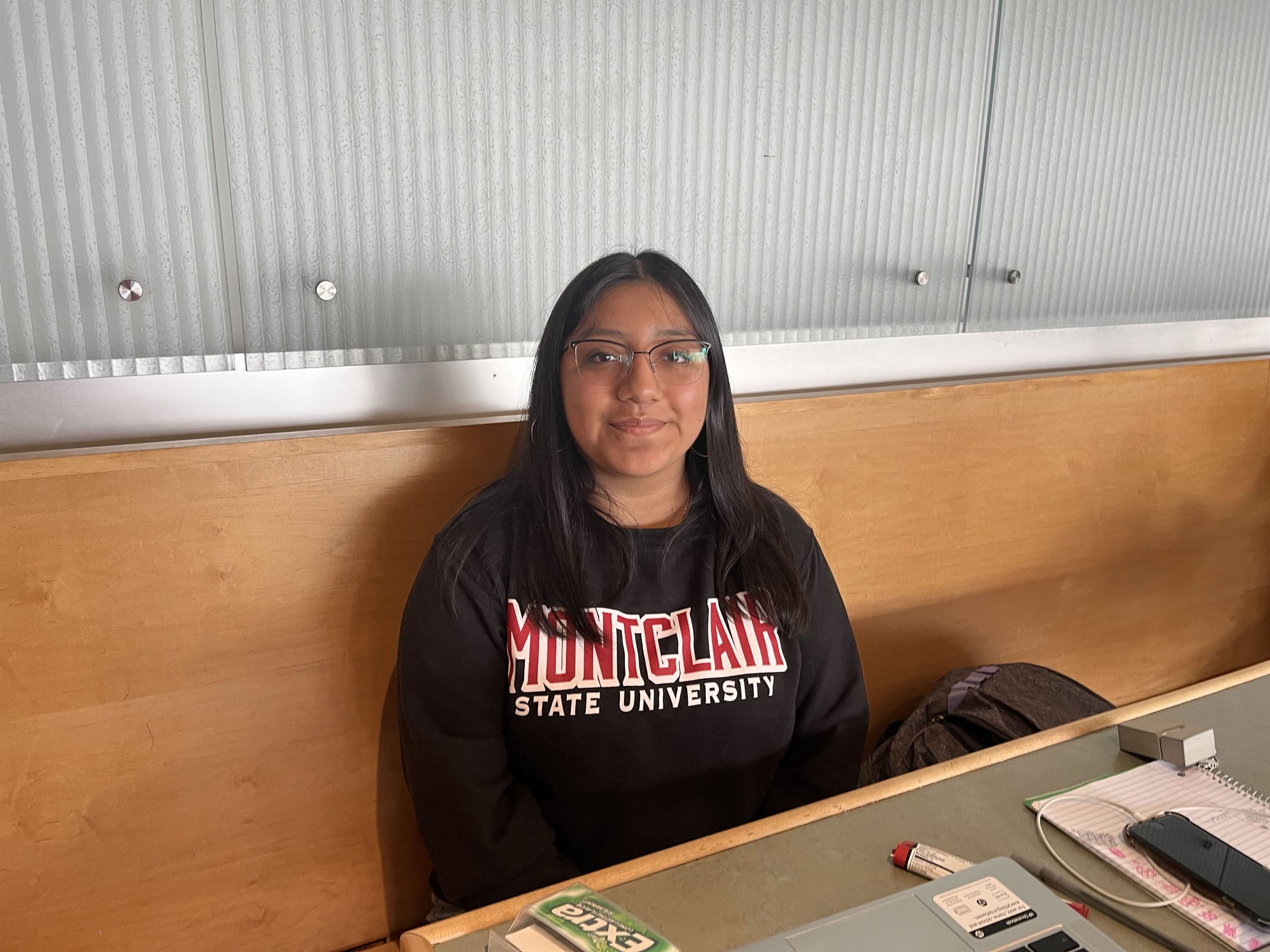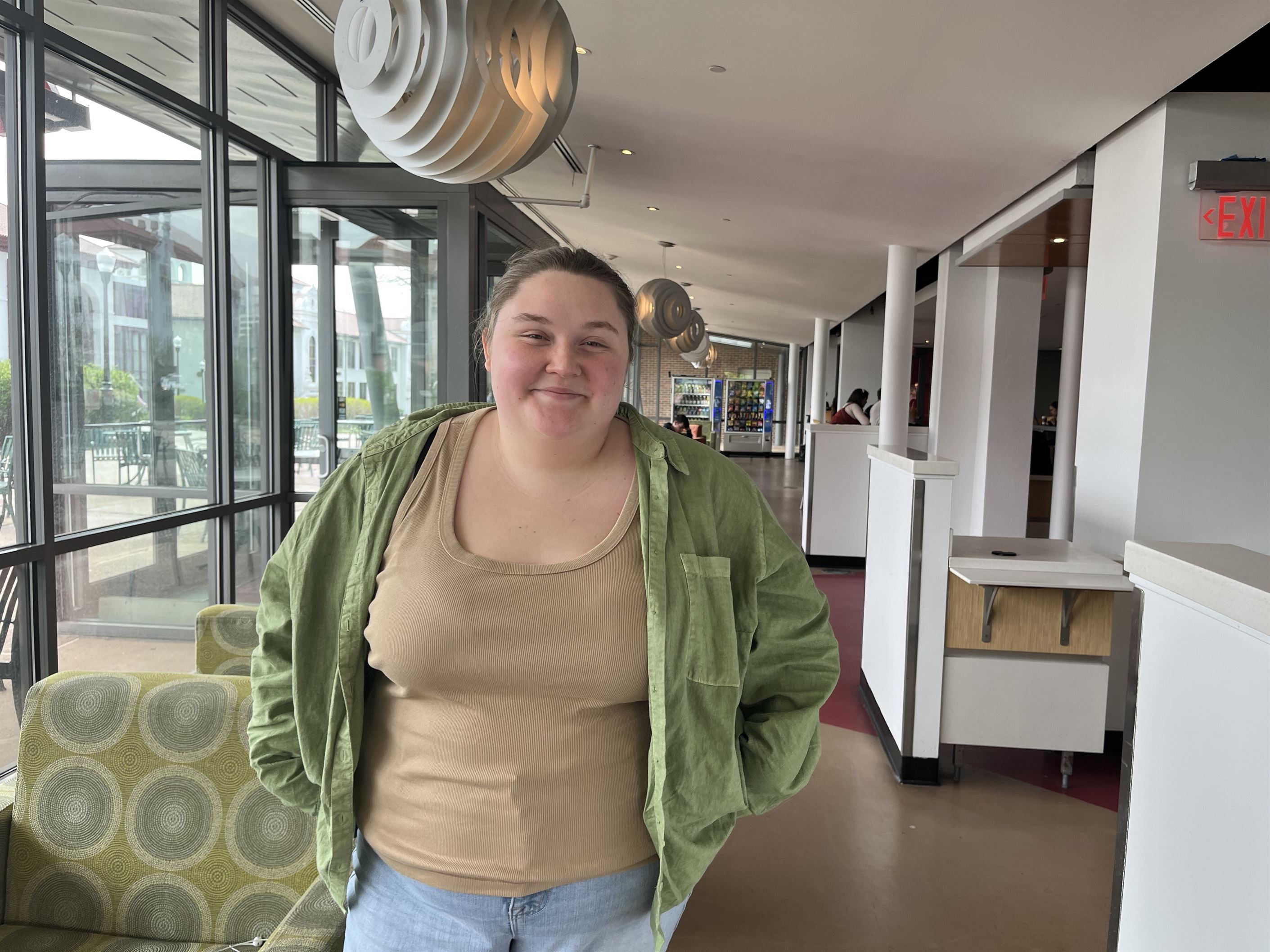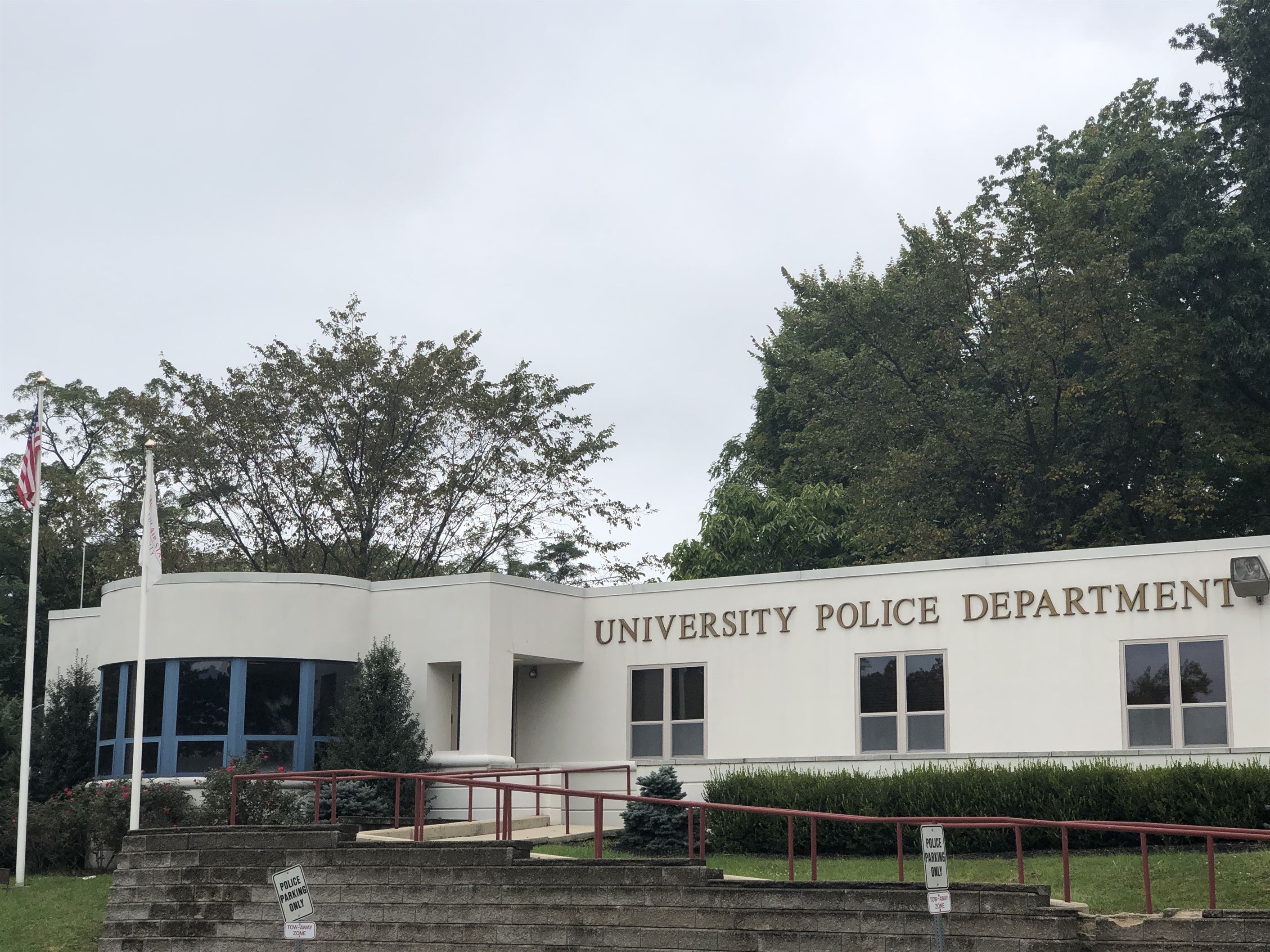The Montclair State University police department and the Office for Social Justice and Diversity (OSJD) are teaming up to advocate for victims of gender and sex-based crimes in honor of Sexual Assault Awareness Month.
Their initiative, Start by Believing, hopes to raise awareness of sexual assault and encourages individuals to support and believe survivors. Kieran Barrett, chief of Montclair State’s police department, explained the purpose of the campaign and the role law enforcement plays in it.
“Start by Believing is a simple concept where we pledge to provide a listening and compassionate ear for those disclosing sexual and gender-based violence,” Barrett said. “Law enforcement, among many areas and even families, have been judgmental and dismissive when it comes to disclosure and that can never be acceptable.”
Barrett expanded on the benefits of partnering with an organization like OSJD.
“Law enforcement has much to learn when it comes to proactive advocacy but we are very fortunate that here we have the support of other areas to guide us,” Barrett said.
Adela Caceres, director of OSJD, said even a small initiative like taking a pledge to believe survivors can have a large impact.
“While this type of gesture may not seem grand in nature, to someone who experiences sexual violence, believing them and acknowledging that they were victimized can make a world of a difference,” Caceres said.
Caceres added that she hopes this month can shed some light on the effects of sexual assault.
“Sexual assault not only affects individual survivors, but families, and has a large scale impact on communities at large,” Caceres said. “This month gives this topic a platform. It shines a spotlight on a topic that often is swept under the rug. It gives survivors a voice and in some cases, a name.”

Alejandra Leal, a freshman marine biology and coastal sciences major, shares why she thinks it is important to recognize Sexual Assault Awareness Month.
Jenna Sundel | The Montclarion
Alejandra Leal, a freshman marine biology and coastal sciences major, shared why she thinks it is important to recognize Sexual Assault Awareness Month.
“Many people don’t have that type of experience with sexual assault,” Leal said. “I personally don’t. And I don’t know much of what to look out for, and I don’t think many other people do as well.”

Addison Berzolla, a freshman English major, says recognizing this month can make campus a safer place.
Jenna Sundel | The Montclarion
Addison Berzolla, a freshman English major, said recognizing this month can make campus a safer place.
“The only way to make society as a whole safer and specifically campus safer [is] if we recognize that it happens and that it’s been normalized for too long,” Berzolla said.
Barrett emphasized that this mission will not stop at the end of the month.
“The hope is that our hopes and fears do not dissipate on April 30,” Barrett said. “It is essential we set apart time to recognize what is available to those impacted by gender and sexual-based crime but it is also essential we recognize the part we each play each day in prevention, in response and in healing and to never take that responsibility to each other for granted as it sets the person on the path to future success and empowerment. You may help a person any day of the week in any month – be ready.”
Barrett walked through some steps people can take if they are a victim of sexual assault.
“What is primary to know is that there is nothing, and I stress nothing, that you have done that permits someone to sexually assault you,” Barrett said. “When comfortable and safe, seek the help of a trusted individual you think will trust you, not just someone you trust. Police will recommend you try to preserve evidence as much as possible but we also must recognize that each person has their own personal trauma they are facing.”
Caceres also offered some resources for victims.
“Contact [university police] or your local police department, seek medical attention from University Health Center or your local hospital, see a [Counseling and Psychological Services] counselor, tell a trusted friend or family member, call a local or National Hotline and speak to an advocate,” Caceres said. “You are not alone.”
Barrett also acknowledged that some people may not feel comfortable going to the police. He said there are many avenues individuals can pursue at the university and beyond.
“The police department recognizes that not every person has the comfort level with police agencies, so we encourage you to always move forward with any safe offering here or outside the university,” Barrett said. “We are here for any person that just wants to talk and get the help they need or at the level they are comfortable with. You have many options ranging from formal charges, to student conduct, to accommodations, to Title IX rights or just a listening ear.”
Caceres urged students to take an interest in this topic and work toward making a difference.
“It’s cliche but this work takes a village,” Caceres said. “We need everyone on board to spread the word about this topic. We need everyone to take a stand when incidents like this happen. We need to stop shaming and blaming the survivors. Our students as a whole have reaches far wider than I do or my team does, so we need them to start having conversations within their circles and be our walking educators and advocates. We need our students to vote for elected officials who care about these issues. That’s the only way we will see lasting change.”



